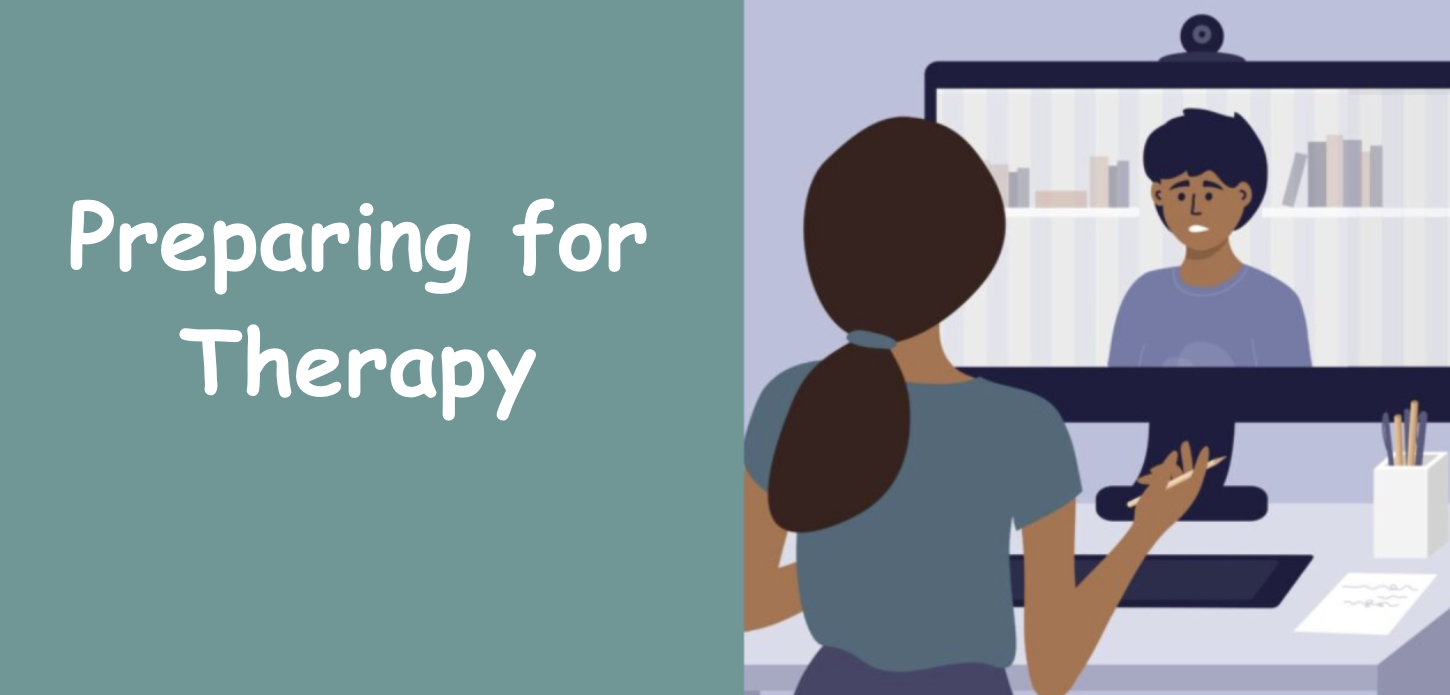How to prepare for a therapy session
Starting therapy is an enormous step forward and it is natural to feel nervous about having therapy. Making this huge step to work on yourself, process trauma, or open up about things you have never shared before you are moving forward.
It is likely that you will have many feelings before, at the start and throughout all therapy these emotions are valid and all part of the normal process of therapy. We believe that if you are prepared and know what to expect it can be helpful to ease some of your nerves.
Some questions to ask yourself before you start therapy
It may be beneficial to consider asking yourself before you begin therapy:
Am I ready to open up about things that are very hard to talk about or personal?
Am I able to start to explore my feelings and behaviour?
Time - am I prepared to take time for therapy to progress working on techniques learnt, during therapy and completing tasks in between sessions?
We believe that being honest and candid with your psychologist is one of the best things you can do for yourself. It is important to remember that not every therapy session will be as intense as the first, and beginning therapy can be emotionally exhausting.
Some tips for therapy sessions
Some of the following tips can be helpful whilst engaging in therapy sessions.
Written questions and information
It can be helpful to write down information that you feel is helpful to bring to therapy this can include thoughts you have experienced, important events or some questions that you wish to ask your psychologist.
Think about detailing the reasons you are wanting help and what you hope to achieve.
Gentle beginning
A gentle start with less sensitive topics can make it easier to open up in therapy. You may decide to start by talking about minor concerns to establish a comfortable rapport with your psychologist. They are skilled at facilitating conversations and will guide the discussion while maintaining boundaries. Remember the psychologist is bound by a confidentiality policy if you feel uneasy about sharing personal information.
Preparation
Book your therapy sessions at a time where you are not experiencing a large amount of stress or anxiety for example not during school or not at work as this can make it difficult to open up to your psychologist.
Before each therapy session give yourself some time to be in a peaceful state of mind - take a few deep breaths and remind yourself of:
Why you are having therapy
What you are hoping to achieve in your life through therapy
What you want to gain during that particular therapy session
Although therapy can be challenging, being prepared for each session can make the process less difficult.
Your psychologist will often inform at the end of a session about what they plan to discuss in the next session or give you any homework they want you to work on.
Take note of this so that you have sufficient time to prepare before your next therapy session.
It is important to remember that therapy is a collaborative process, and your psychologist is there to support you through your journey toward better mental health. If you take time to prepare for your sessions, you can ensure that you are on the right track to achieving your goals.
To book a therapy session or to find out more click on the button below

